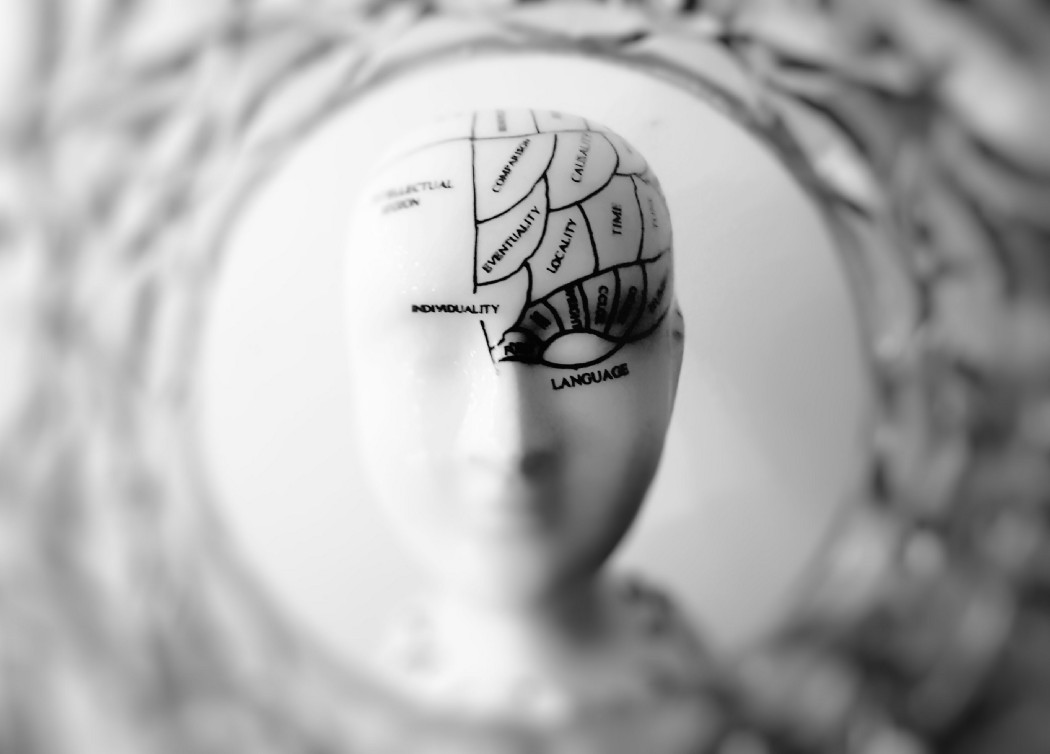We often come across the terms “brain plasticity”, “cognitive flexibility”, “mental flexibility” etc. This is because the scientific world is becoming more and more interested in the flexibility of the brain, its ability to regenerate itself under specific conditions and revert, up to a certain level, neural degeneration. Due to such neuroscientific discoveries, brain flexibility is closely linked to adaptability and to the broadening of the life spectrum. In this blog we will discuss in simple words how the brain conceptualises the world, how can meditation enhance brain plasticity, and finally, how can this be linked to our well-being.
Concepts of the Brain.
In our previous blog “Holding the Future in Mind”, we discussed how our brain processes the information coming in from the body itself and the environment to help us navigate the world efficiently. It does that by inferring or predicting the inside and outside world based on experiences of the past. The reason behind this process is the fact that the brain has no direct access to the external world and as a result, it needs to “guess” the cause of the sensory experience based on prior experiences to adaptively interact with it. For example, if you get a burning sensation on your hand, your brain will probably “guess” that it is because you are touching a hot surface and will also take into consideration the skin damage you got last time you touched a hot surface, so, this time, you will reflexively remove your hand from the burning surface. The experience that we have just described is complicated enough to involve other processing mechanisms (processing of pain etc), however, the exact same process happens to seemingly direct experiences such as that of a flower or a teacup, which still demand a complex process of construction from past experience and include anticipation of possible changes in sensory input (e.g., proprioceptive and sensory changes related to drinking from the cup). Thus, the brain constructs “prediction models” or, to put it simpler, concepts (perception — guesses — actions) of the world that have previously helped us interact with the world efficiently.
Obviously, having a mind that is constructed through past experiences is advantageous in many situations. Yet, as Laukkonen et al. suggested “a mind that is too restricted — that too often occupies habitual modes of thinking and feeling — and is not flexibly adapted to changing situations, can be maladaptive”. If our inner mental landscape is determined by models that through past experience have come to reliably minimize uncertainty, to what extent are these models still plastic or capable of revision based on new experiences? And in what ways could such plasticity be promoted, given their internal construction?
Meditation and Brain Plasticity
This new understanding of the brain as a predictive organ reveals that most of the time we move either towards the past, by considering past experiences, or towards the future by making predictions and eventually, taking actions. But, what happens with the here and now; the present? Scientists interested in Meditation and Mindfulness practices believe that the Predictive Brain framework corresponds to such practices as in some cases they explicitly aim “at deconstructing the mind from within, in order to allow one to experience things anew, no longer wholly determined by acquired mental habits”. In simple words, scientists have shown that by gradually bringing ourselves in the present moment when meditating, we can diminish the constant processing of the world in relation to the past and future and the ongoing creation of conceptualisations. Thus, there is a real opportunity for us to see the world with a fresh eye… and mind.
Becoming more Flexible.
Crucially, we need to consider that our brain has been trained to constant predictive processing as a means to reduce uncertainty and survive. As a result, abating this habitual activity of the brain can be very challenging. To change our experience of the world from within, may require intense mental training as cultivated by meditation.
In EmbodiedMind-hub we propose another way to actively recreate our experience of the world, which we will call “Active Reflection”. Bring in mind a situation that can create any kind of conflict within yourself or within you and your environment. For example, let’s imagine that you live alone and due to the pandemic, you cannot visit friends or family, or attend your usual social activities. Your immediate experience may be feeling overwhelmed and lonely, and unable to focus on anything, so you decide to keep yourself busy and distracted. If this response has served you well and the distressing experience has been eased then this is great. If not, this could be an indicator that you may need to think more flexibly.
A few steps towards thinking flexibly and gradually recreating a new experience are the following:
- Identify the triggers (In our example would be the pandemic, living alone and restricted from social interactions).
- Monitor the response; what were my thoughts, emotions, physical reactions.
- Past experiences: When was the last time I felt lonely? What were the triggers back then? What were my responses back then? Did they help me overcome the distressing experience?
- Positive dimension: What opportunities does this situation give me, if any?
- Be compassionate: What are your immediate needs?
- With a fresh eye: List ways that you could do things differently having your needs in mind.
Remember, the goal of Active Reflection is awareness and not judgement. Becoming aware of our past experiences can help us become more self-compassionate, present to our needs and self-accepting. Acquiring a new way of thinking and dealing with distress may help us see the world anew and experience a more resilient and centered self.
References
- Laukkonen, R., & Slagter, H. A. (2020). From many to one: Meditation and the plasticity of the predictive mind. https://doi.org/10.31234/osf.io/5sw6m
- Friston, K. (2018). Am I Self-Conscious? (Or Does Self-Organization Entail Self-Consciousness?). Frontiers in Psychology, 9, 579
The content of the blog is provided for general information only. It is not intended to, and is not, amount to advice which you should rely on. They are not in any way an alternative to specific advice.








